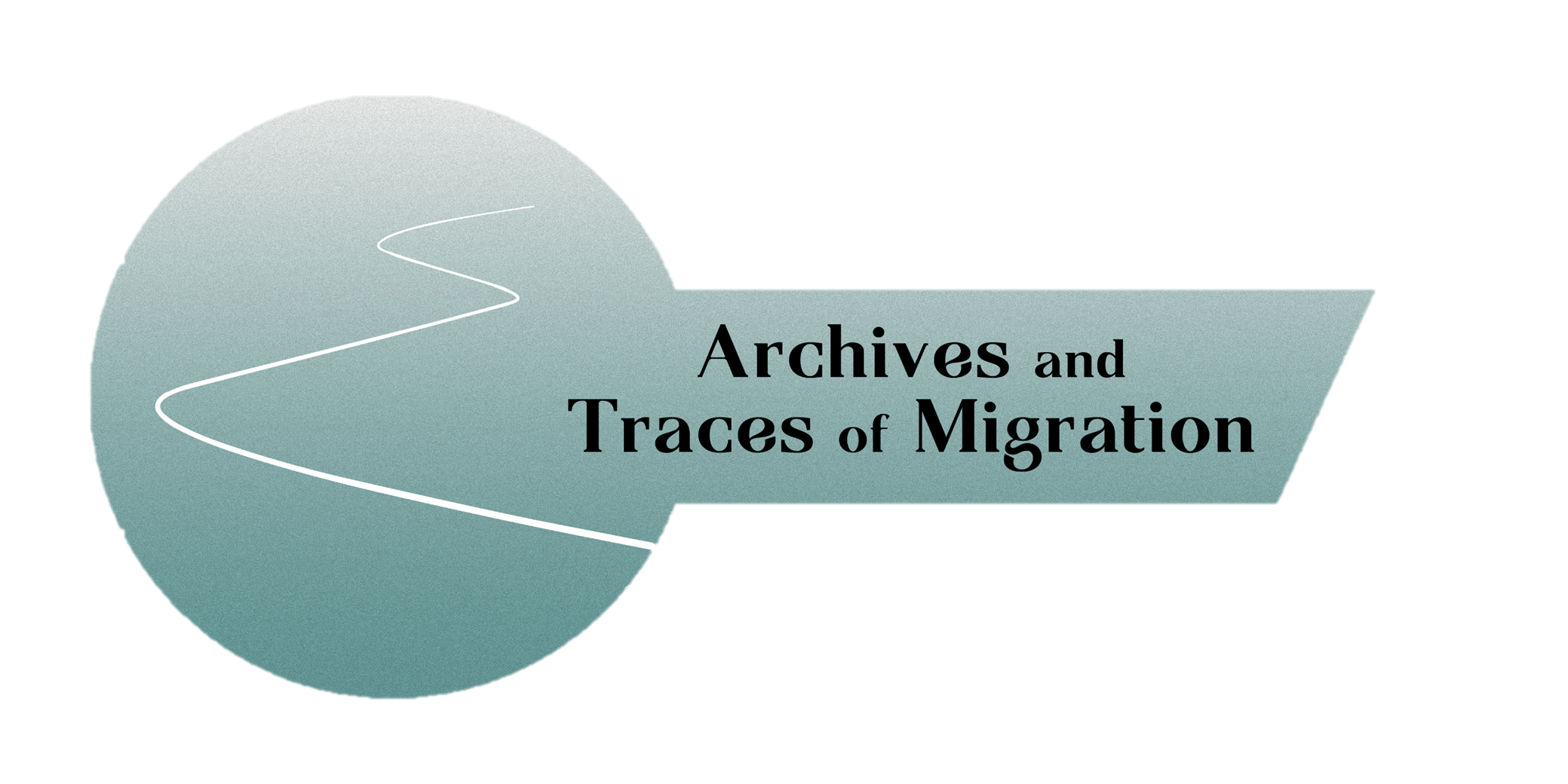Background rationale and objectives
This project is based on EU legacy of stressing the importance of cultural heritage for societies, as stipulated in the Convention on the Value of Cultural Heritage for Society (2005) and on recommendations of the UN Special Rapporteur in the field of cultural rights from 2011 (A/HRC/17/38) that state that:
“Professionals working in the field of cultural heritage and cultural institutions (museums, libraries and archives in particular) should build stronger relationships with the communities and peoples whose cultural heritage they are the repositories of, respect their contributions regarding the significance, interpretation, sharing and display of such heritage, and consider in good faith their queries regarding repatriation.”
In almost two decades old European Commission “Report on archives in the enlarged European Union- opportunities for future action: priorities” (2005) the role of archivist as a guardian of memory of society was emphasized as well as the need to support actions which could enhance access to the collective memory of societies in Europe. These priorities remain the same, but the collective memory is nowadays conceptualized as more than just a set of national archival narratives.
Challenges of understanding, appraising, describing, and surfacing archival and documentary heritage about migration in some specific community contexts are relevant as they contribute to the collective memory, making it more diverse, inclusive and justly. The role of archives as cultural heritage repositories has become even more important and, in this context, following needs are detected:
Archives need to appraise, describe, and represent their holdings in more sensitive, inclusive, and diverse manners.
Migrations and their consequences (i.e., immigration, communities of minorities, underrepresented communities, diaspora etc.) are vital component both of historical and contemporary Europe and they need to be addressed through archival heritage and through practical archival work.
Archivist and other documentary heritage professionals need to pass additional training and education in order to prepare to work in abovementioned challenging conditions.
Community members need to be included in participatory manner, as co-creators in archival narrative of their migration histories and representations of their past.
To address these needs, the objectives set with this project are:
Objective 1:
Reinforce the capacity of archivists and other documentary heritage professionals in area of historical and contemporary migrations i.e., archival traces of migrations.
Objective 2:
Connect archivists and documentary heritage professionals with respective migrant communities (e.g., descendants of immigrants, groups, and individuals).
Objective 3:
Co-create specific cultural products (e.g., finding aids, oral histories, exhibitions) with members of respective communities (i.e., co-presentation of archival and documentary cultural heritage).
